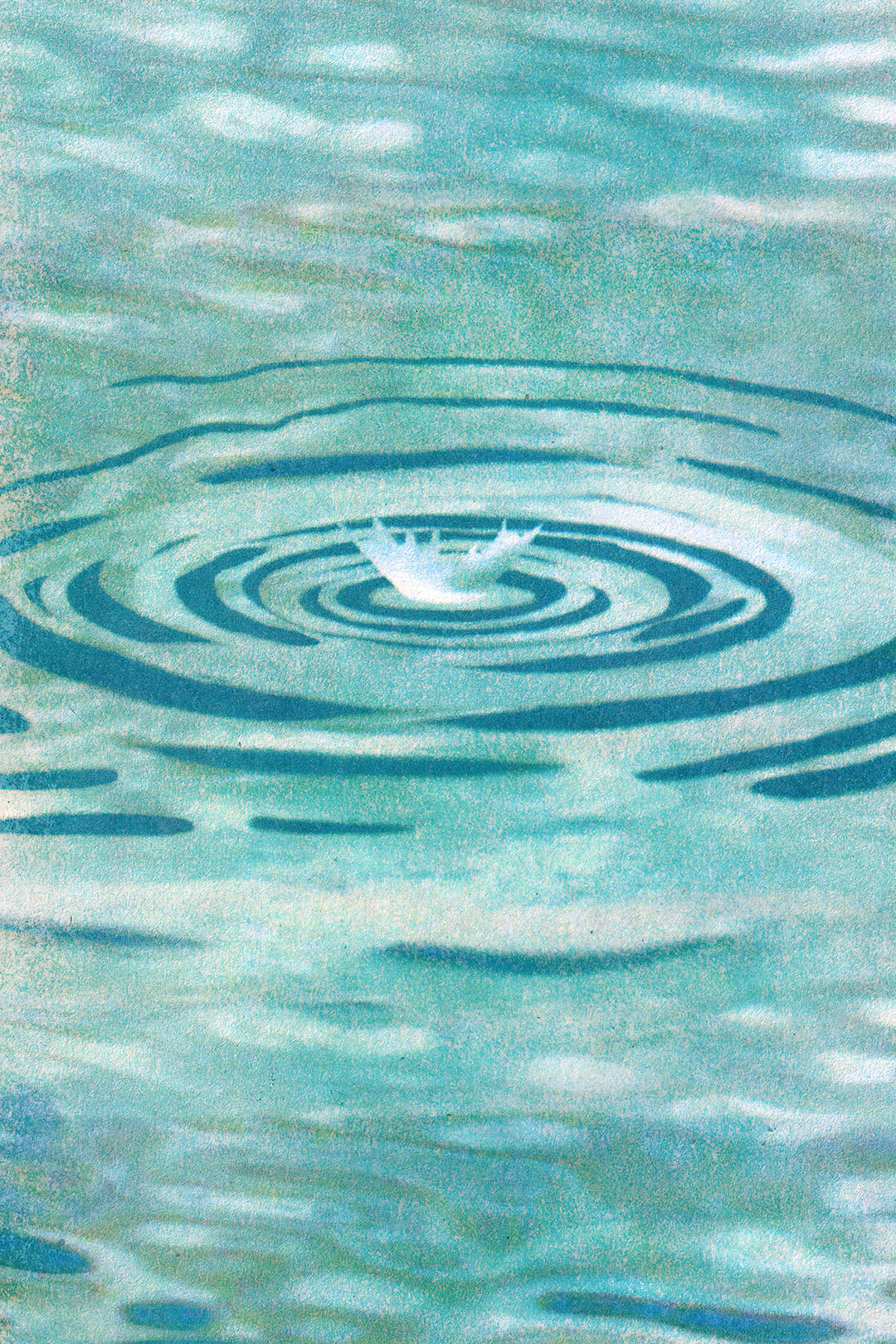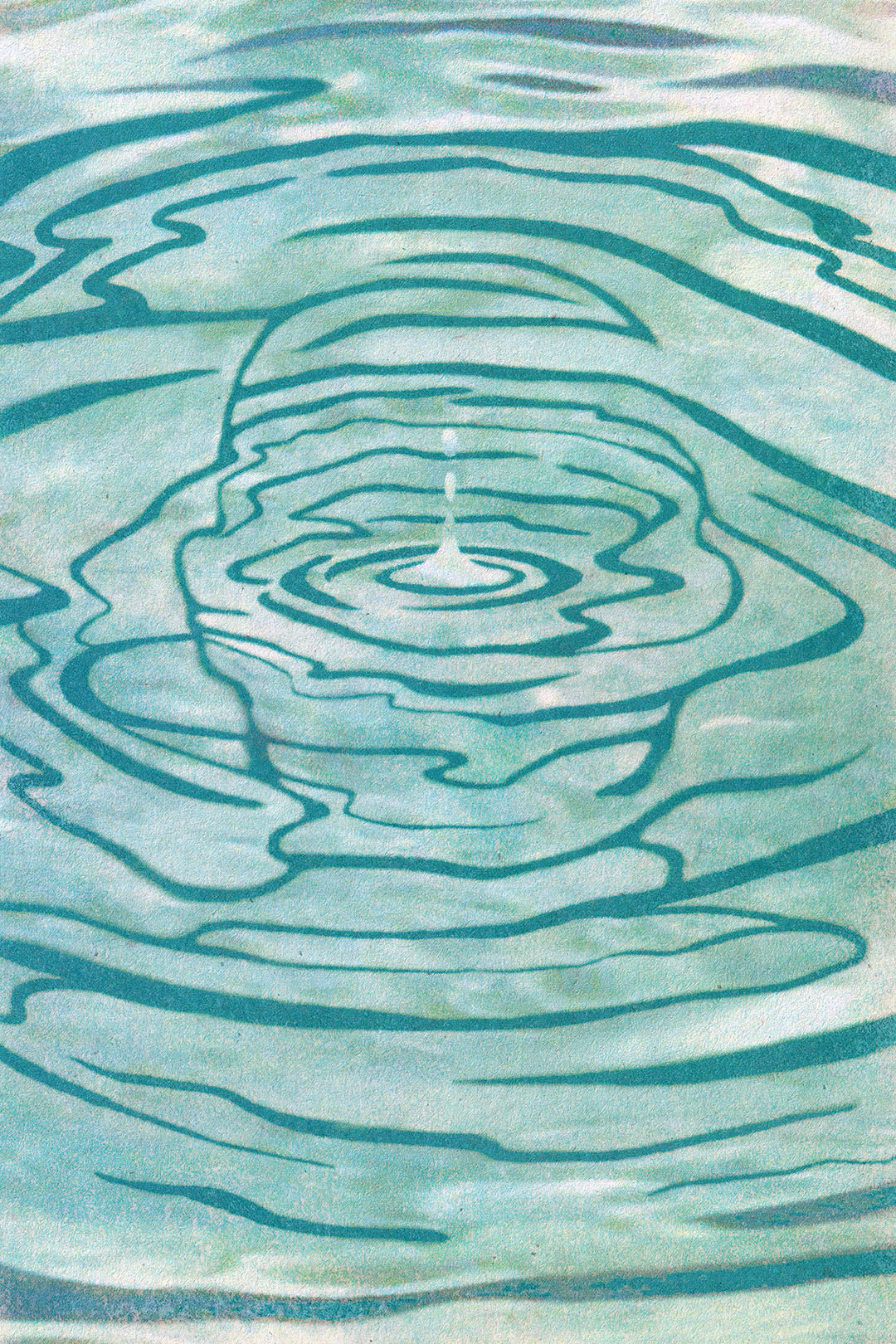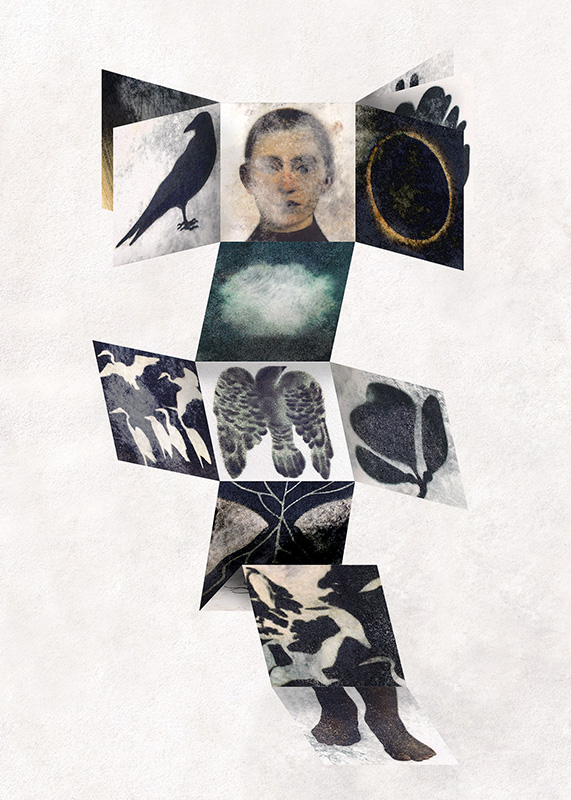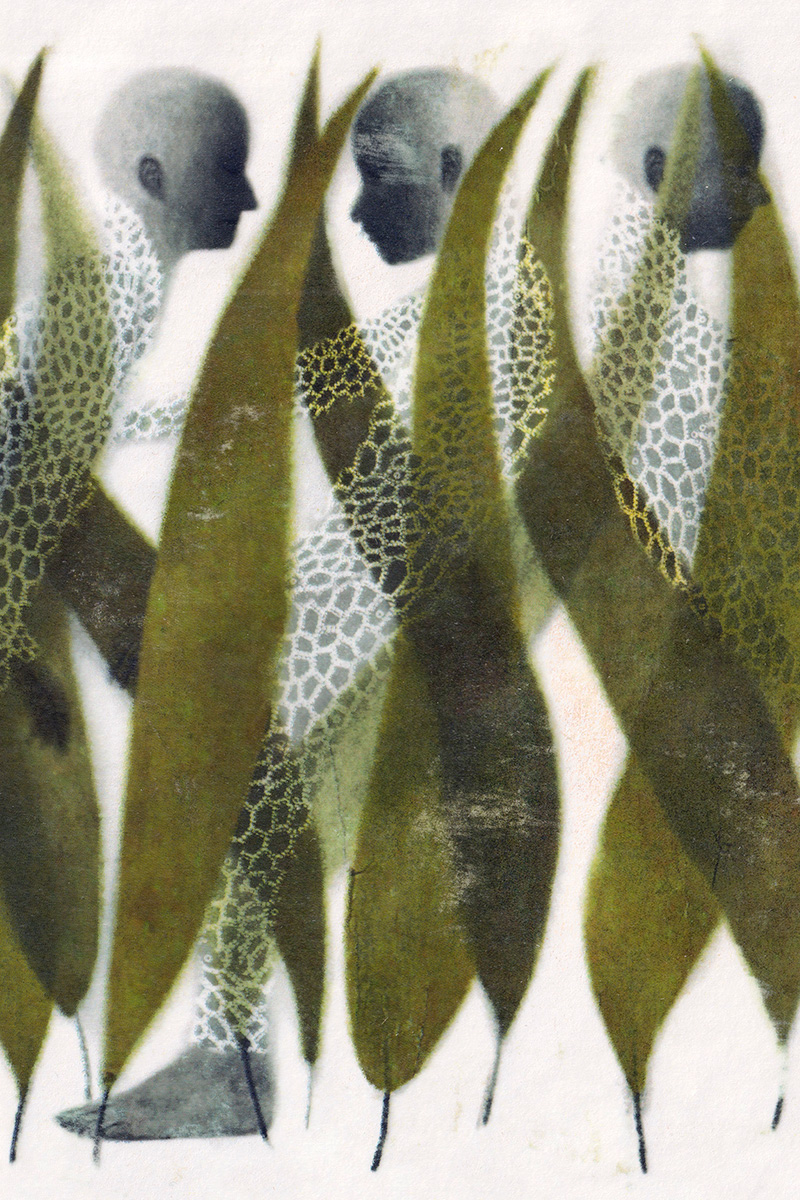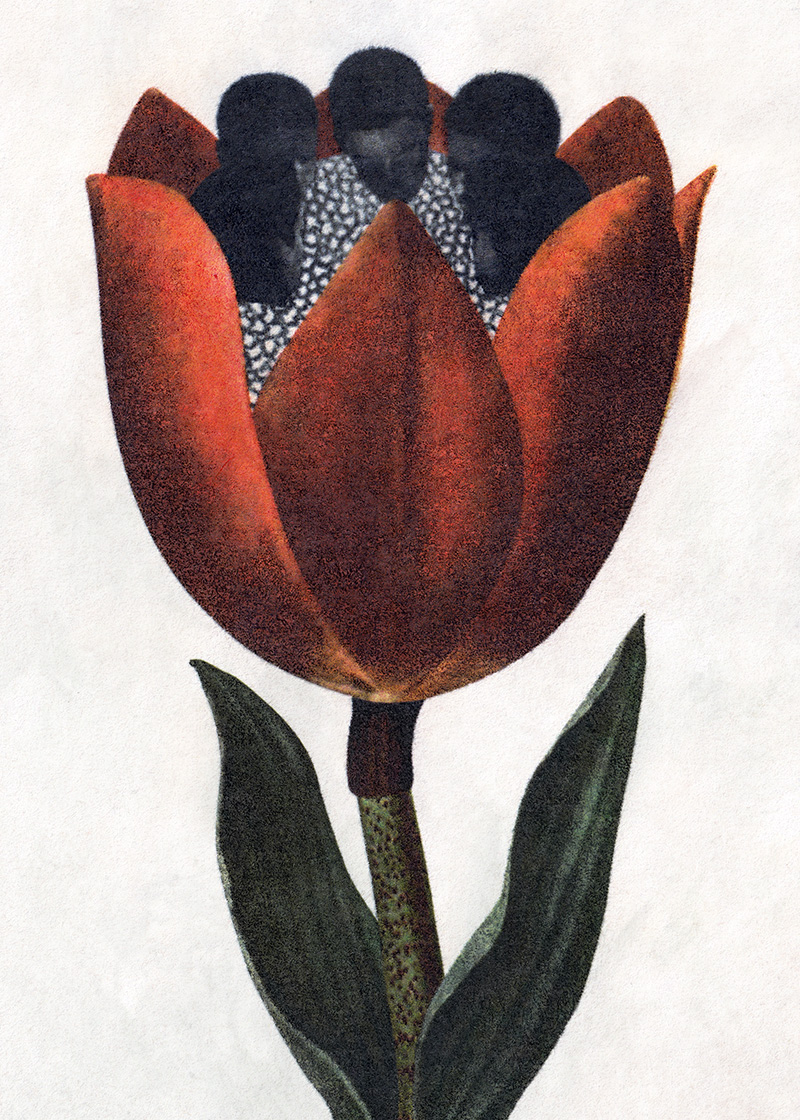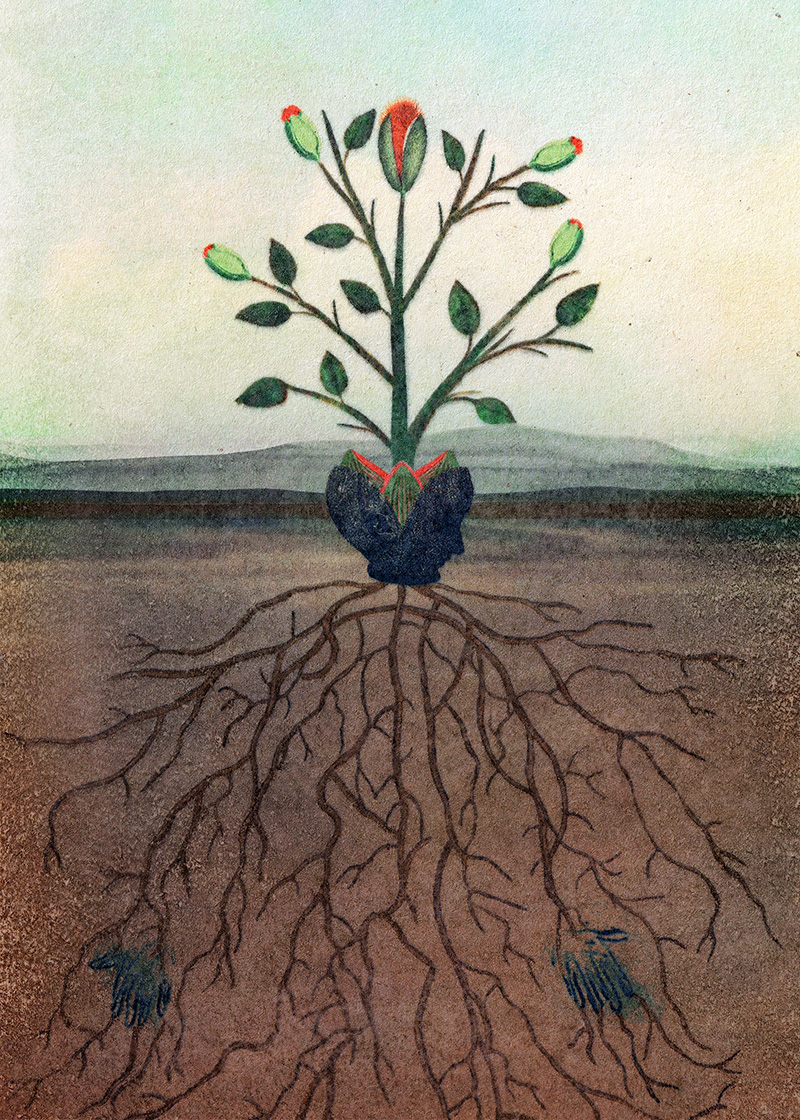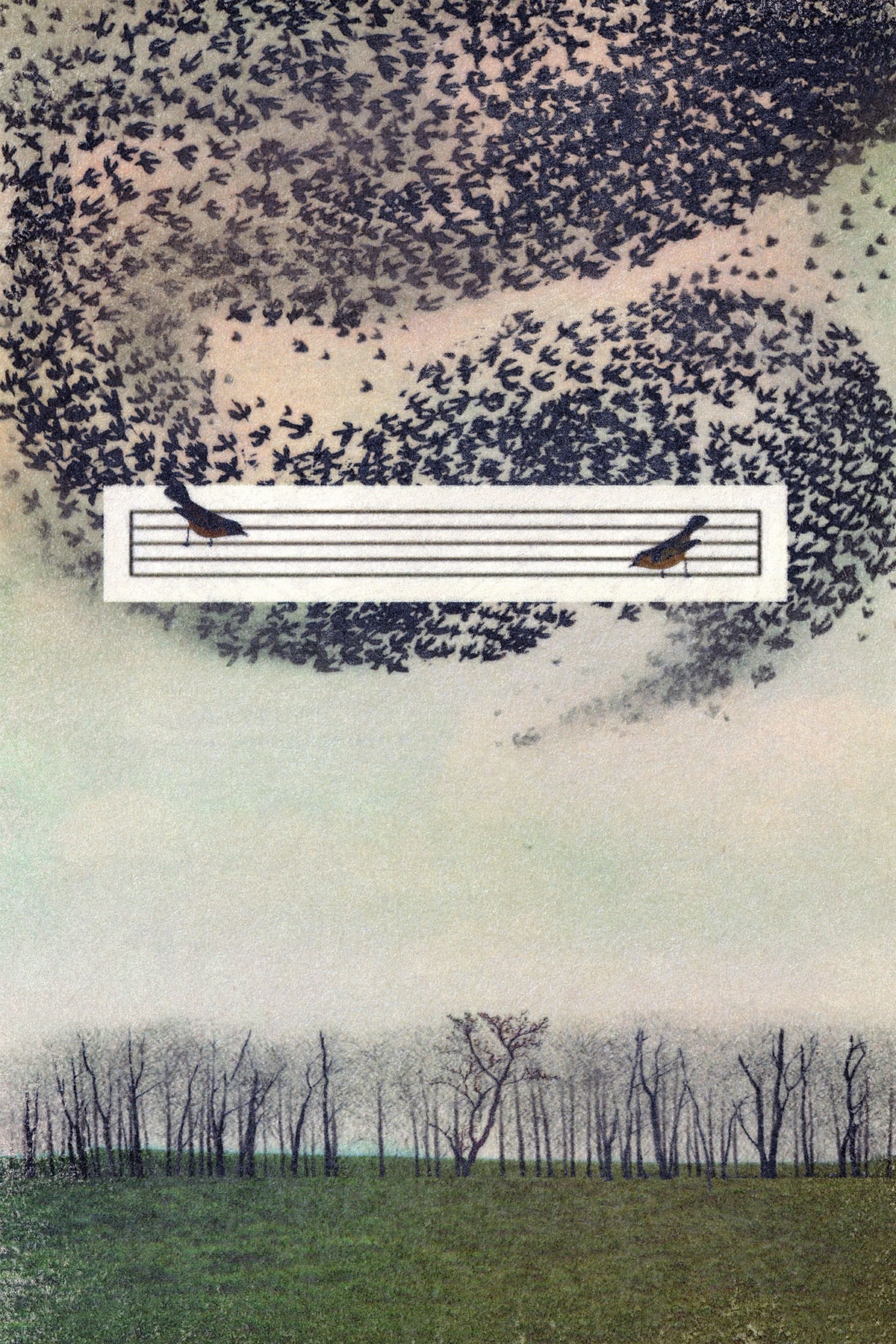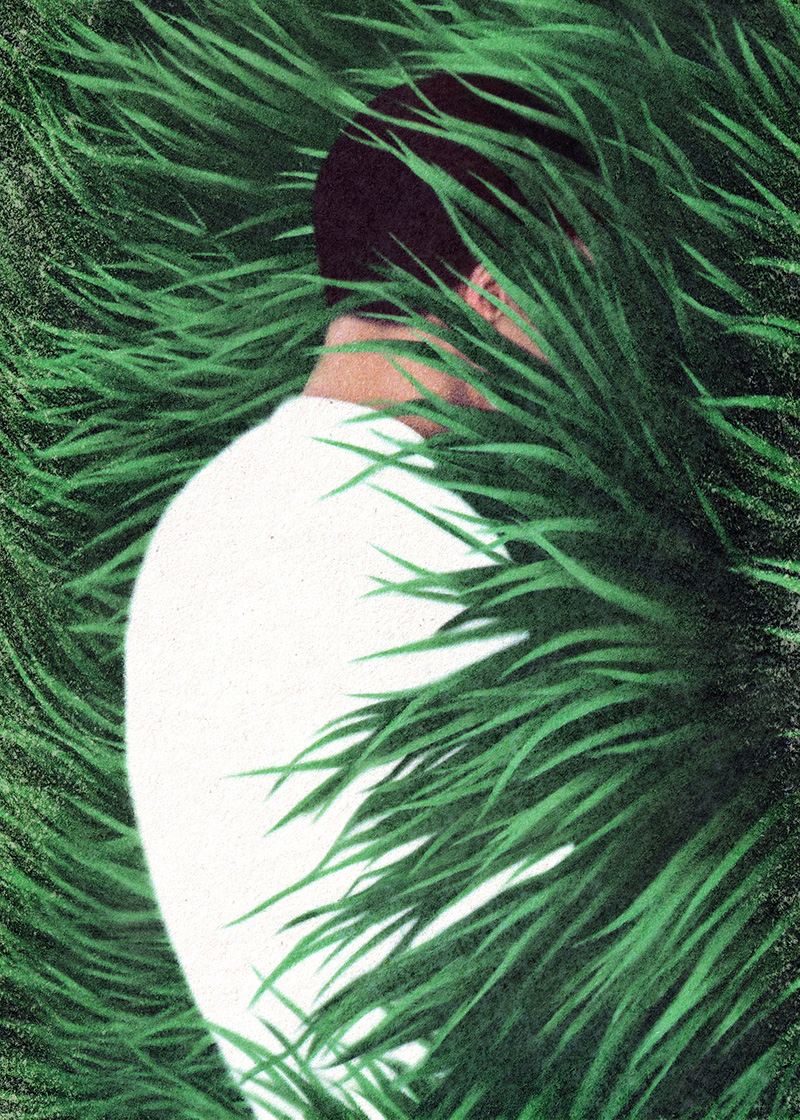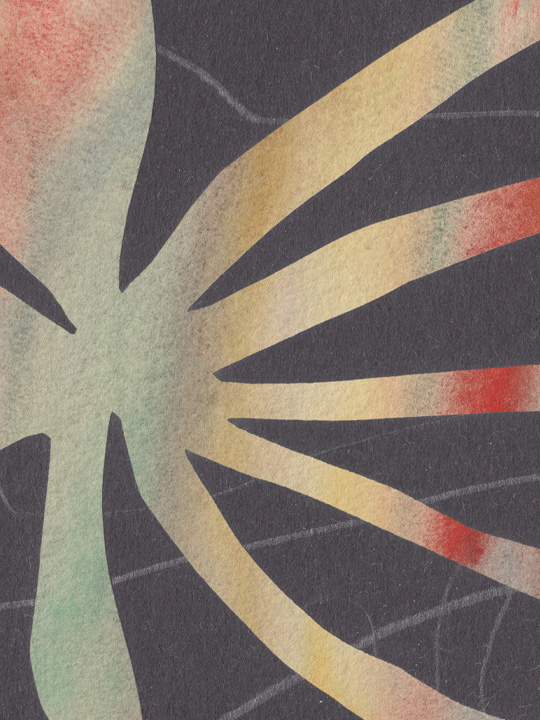Meeting Kairos
an Emergence Magazine Practice
The Ancient Greeks offered some early language for our experience of time. In their stories, Chronos—old and powerful—oversaw the order and progression of time, and thus the word “chronos” came to represent quantitative time: linear, predictable, and abstracted from the world. Conversely, Kairos, the youthful, wing-footed god of opportunity, expressed the quality of—and possibility within—a given moment. Kairos is timing that the moment itself dictates: an opening in time in the wake of interruption and change. How does our sense of time determine how we participate in the world? How can we learn to balance our reliance on structured time with an openness to the opportunities presented by the unpredictable?
